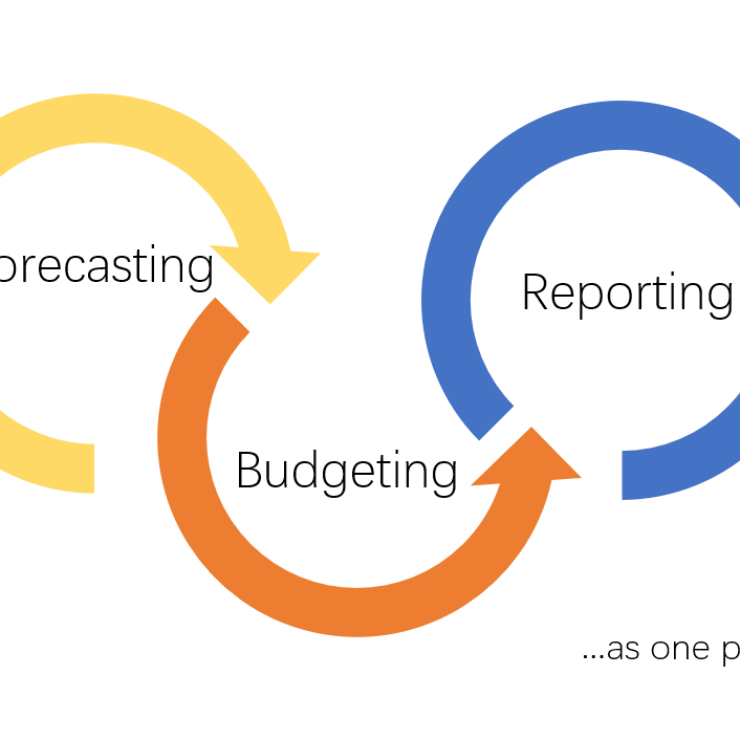Enterprises rely on a multitude of software systems and departments to streamline their operations and drive growth. However, the lack of seamless communication and data sharing between these disparate systems and departments can hinder efficiency and productivity. This is where Enterprise Resource Planning (ERP) integration comes into play, acting as a bridge to connect different departments and systems, ensuring smooth workflows, accurate data, and informed decision-making. OpenScope, a leading integration solution, plays a crucial role in facilitating this process.
ERP Integration: Connecting the Dots
ERP integration involves combining various software applications, databases, and processes within an organization into a unified and synchronized system. This integration eliminates data silos, reduces manual data entry, and enables real-time data exchange. With ERP integration, departments can work together seamlessly, enhancing collaboration and speeding up business processes.
The Role of OpenScope:
OpenScope is a cutting-edge ERP integration platform designed to bridge the gap between different departments and systems. It enables the integration of diverse software applications, such as customer relationship management (CRM), human resources (HR), finance, supply chain, and more, into a single cohesive system. OpenScope’s robust features facilitate data synchronization, process automation, and streamlined workflows.
Benefits of ERP Integration with OpenScope:
Enhanced Communication and Collaboration:
ERP integration with OpenScope facilitates smooth communication between departments by ensuring that data is shared in real-time. This fosters collaboration, as teams can access up-to-date information and work together on projects seamlessly.
Improved Data Accuracy:
Data integrity is crucial for effective decision-making. ERP integration reduces the risk of data discrepancies and errors by automating data transfer between systems, leading to accurate and reliable information.
Efficiency and Productivity Gains:
Manual data entry and redundant tasks are minimized, allowing employees to focus on value-added activities. Automated processes lead to increased efficiency and productivity across the organization.
Holistic View of Operations:
With ERP integration, departments gain a comprehensive view of operations, from sales and inventory to finances and customer interactions. This holistic perspective enables better-informed decisions and strategies.
Agility and Scalability:
OpenScope’s flexible architecture allows organizations to adapt to changing business needs and scale their operations without disrupting existing systems. This agility is crucial for growth and innovation.
Cost Savings:
By eliminating duplicate data entry and streamlining processes, ERP integration reduces operational costs and enhances the overall return on investment (ROI).
In a modern business environment characterized by complexity and rapid change, OpenScope ERP integration plays a pivotal role in connecting departments and systems. By facilitating seamless communication, data sharing, and streamlined workflows, ERP integration enhances efficiency, productivity, and decision-making across the organization. As technology continues to evolve, OpenScope remains a powerful tool for bridging the gap between departments and systems, paving the way for a more integrated and agile enterprise.




